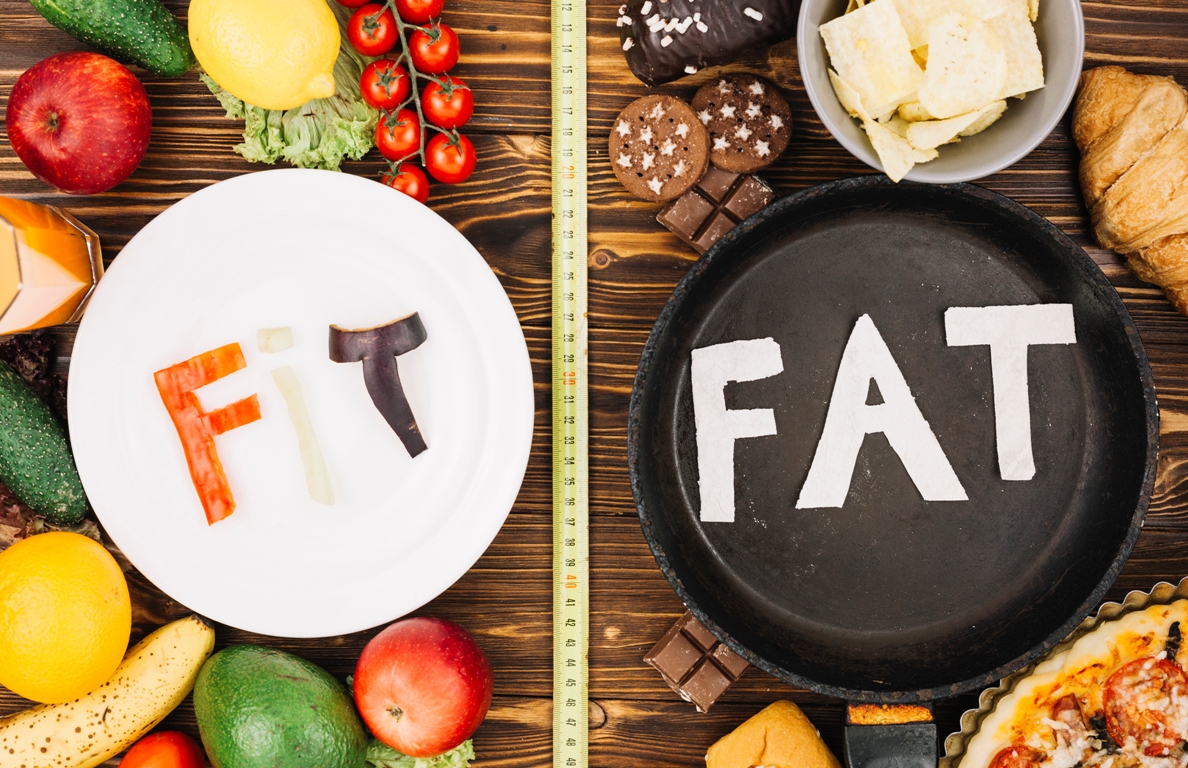The keto diet has gained immense popularity due to its potential benefits for weight loss, energy levels, and overall health. However, one common issue many beginners face is keto bloat. This temporary but uncomfortable condition can leave you feeling discouraged. So, how long does keto bloat last, and what can you do about it? In this article, we’ll explore the duration, causes, and effective ways to manage keto bloat to help you stay on track with your keto journey.
Table of Contents
- Key Takeaways
- What Is Keto Bloat?
- Common Causes of Keto Bloat
- How Long Does Keto Bloat Last?
- How to Reduce Keto Bloat Quickly
- Preventing Keto Bloat in the Future
- When to Be Concerned About Keto Bloat
Key Takeaways
- Keto bloat is a common side effect when starting the keto diet, typically lasting 1 to 4 weeks.
- Causes include carbohydrate withdrawal, increased fat intake, and electrolyte imbalances.
- Staying hydrated, balancing electrolytes, and gradually increasing fat intake can help reduce bloat.
What Is Keto Bloat?
Keto bloat is a type of bloating that occurs when you begin the ketogenic diet. It’s primarily caused by the drastic dietary changes your body undergoes, especially the shift from a high-carb to a high-fat intake. This can result in digestive discomfort, water retention, and changes in gut microbiota.

Common Causes of Keto Bloat
Carbohydrate Withdrawal and Water Retention
When you reduce carbohydrate intake drastically, your body starts using up its glycogen stores. Each gram of glycogen is stored with 3-4 grams of water, so when glycogen is depleted, water is released, which can lead to water retention and bloating. This process can be uncomfortable but is generally temporary as your body adjusts.
Increased Fat Intake
The sudden increase in fats on the keto diet can cause digestive issues. Your body needs time to adjust to processing higher fat levels, which can initially result in bloating, gas, and even diarrhea. This is why some people experience more pronounced bloating when they start keto.

Electrolyte Imbalance
Electrolytes like sodium, potassium, and magnesium are essential for maintaining fluid balance in your body. When you reduce carb intake, your insulin levels drop, leading to increased excretion of sodium by the kidneys. This can create an imbalance that not only contributes to keto bloat but also other symptoms like fatigue and headaches.
| Electrolyte | Role in Body | Deficiency Symptoms |
|---|---|---|
| Sodium | Maintains fluid balance | Bloating, fatigue |
| Potassium | Muscle function | Weakness, cramps |
| Magnesium | Supports nerve function | Muscle spasms, nausea |
Digestive Changes
Transitioning to a high-fat diet can alter your digestive processes. Fats take longer to break down, and your body needs time to produce enough bile to digest them effectively. This can cause initial discomfort, such as bloating and gas. However, as your digestive system adjusts, these symptoms should gradually diminish.
How Long Does Keto Bloat Last?
On average, keto bloat lasts anywhere from 1 to 4 weeks. The exact duration can vary based on several factors, including your previous diet, how strictly you follow keto guidelines, and individual differences like metabolism and activity levels. While keto bloat is temporary, staying hydrated and balancing your electrolytes can help reduce the duration and severity of symptoms.
Factors Affecting Duration
- Age and Gender: Hormonal differences can impact how quickly your body adjusts to keto.
- Initial Diet: Those switching from high-carb diets may experience more prolonged bloating.
- Hydration Levels: Staying hydrated can significantly affect how long bloat lasts.
- Activity Level: Regular exercise can help mitigate the effects of keto bloat.

How to Reduce Keto Bloat Quickly
Stay Hydrated
Drinking plenty of water is crucial when on a keto diet. Water helps flush out the retained fluids associated with carbohydrate withdrawal. Aim for at least 8-10 glasses a day to keep your body hydrated and reduce bloating symptoms more quickly.
Balance Your Electrolytes
As your body adjusts to a lower carbohydrate intake, electrolytes like sodium, potassium, and magnesium play a vital role in managing fluid balance. Incorporate foods high in these electrolytes, such as avocados, leafy greens, nuts, and seeds. You might also consider supplements if you’re struggling to get enough from food alone.
Gradual Introduction to Fats
If you’re experiencing keto bloat from the high fat intake, try gradually increasing your fat consumption rather than jumping in at full speed. This can help your digestive system adapt without overwhelming it, reducing symptoms like bloating and gas.
Increase Fiber Intake
Even though keto is a low-carb diet, it’s still important to include fiber-rich foods. Fiber helps move things along in your digestive tract, preventing constipation and reducing bloating. Opt for keto-friendly options like chia seeds, flaxseeds, and non-starchy vegetables.
Consider Digestive Enzymes and Probiotics
Supplementing with digestive enzymes can aid in breaking down fats more efficiently, helping your body adjust to the higher fat intake. Probiotics, on the other hand, can balance your gut bacteria, reducing gas and bloating. Always consult with a healthcare provider before starting any new supplements.
Preventing Keto Bloat in the Future
Consistent Hydration and Electrolyte Balance
Maintaining proper hydration and electrolyte balance is key to preventing future bloating episodes. Regularly consume electrolyte-rich foods and keep your water intake steady to help your body stay in balance.
Monitoring Fat Intake
Once your body has adjusted to the ketogenic diet, monitor your fat intake to avoid overloading your digestive system. A balanced approach can prevent bloating and other digestive discomforts from recurring.
Regular Physical Activity
Exercise not only supports overall health but also helps reduce bloating by promoting better digestion. Even light activities like walking or yoga can help move gas through your digestive tract, reducing the likelihood of bloating.
When to Be Concerned About Keto Bloat
While *keto bloat is generally temporary and harmless, there are times when it may be a sign of a larger issue. If your bloating persists beyond the typical 4-week adjustment period or is accompanied by severe pain, nausea, or other unusual symptoms, it’s wise to consult a healthcare professional. Persistent symptoms could indicate an underlying digestive issue or an intolerance to certain foods in your diet.
| Symptom | Potential Concern |
|---|---|
| Severe abdominal pain | Possible intolerance or digestive disorder |
| Nausea and vomiting | Potential food sensitivity or keto flu |
| Extended bloating (over 4 weeks) | May require diet adjustment or medical consultation |

Frequently Asked Questions (FAQs)
Does Everyone Experience Keto Bloat?
No, not everyone experiences *keto bloat. It varies from person to person and can depend on factors such as previous diet, how strictly the keto guidelines are followed, and individual digestive sensitivities.
Can Keto Bloat Happen Later in the Diet?
Yes, *keto bloat can occur at any stage of the diet, especially if dietary changes like increased fat intake or inadequate hydration happen suddenly. Even those who have been on the diet for some time can experience bloating if their electrolyte balance is off or if they consume new foods that their digestive system isn’t accustomed to.
What Can I Eat to Reduce Keto Bloat?
To reduce *keto bloat, focus on foods that are low in carbs but high in fiber and electrolytes. Options include avocados, cucumbers, leafy greens, nuts, seeds, and bone broth. Avoid foods known to cause gas and bloating, such as dairy or artificial sweeteners, if you notice they trigger symptoms.
Is Keto Bloat the Same as Keto Flu?
No, *keto bloat* and keto flu are different. Keto flu is a group of symptoms, including headache, fatigue, irritability, and nausea, that occur as your body adapts to burning fat for fuel instead of carbohydrates. *Keto bloat* specifically refers to the bloating and gas that can occur as part of this adaptation process.
Can Supplements Help with Keto Bloat?
Yes, supplements like digestive enzymes and probiotics can help alleviate *keto bloat by aiding digestion and balancing gut bacteria. Additionally, electrolyte supplements can help manage fluid retention and maintain balance in the body, reducing bloating.






